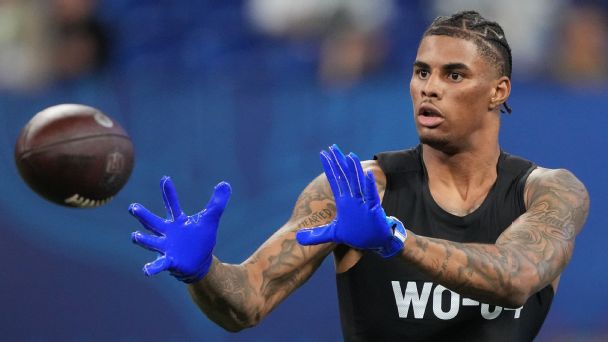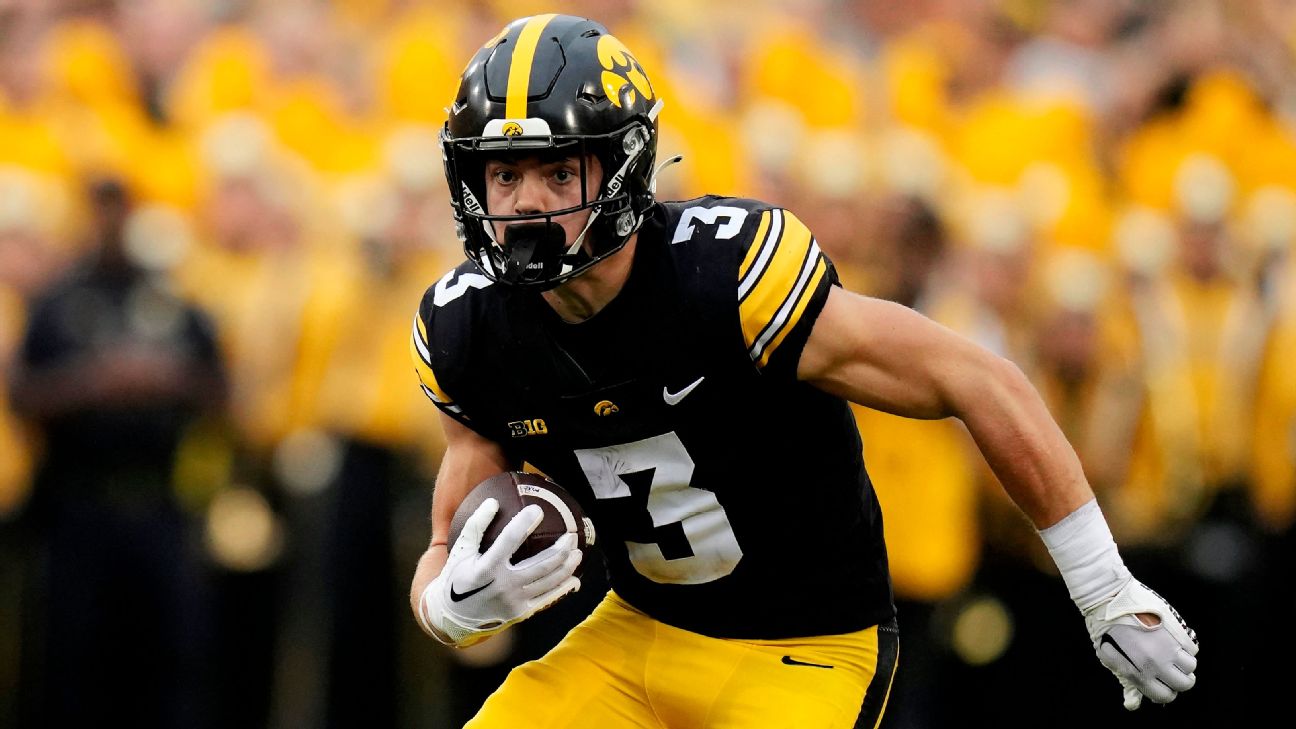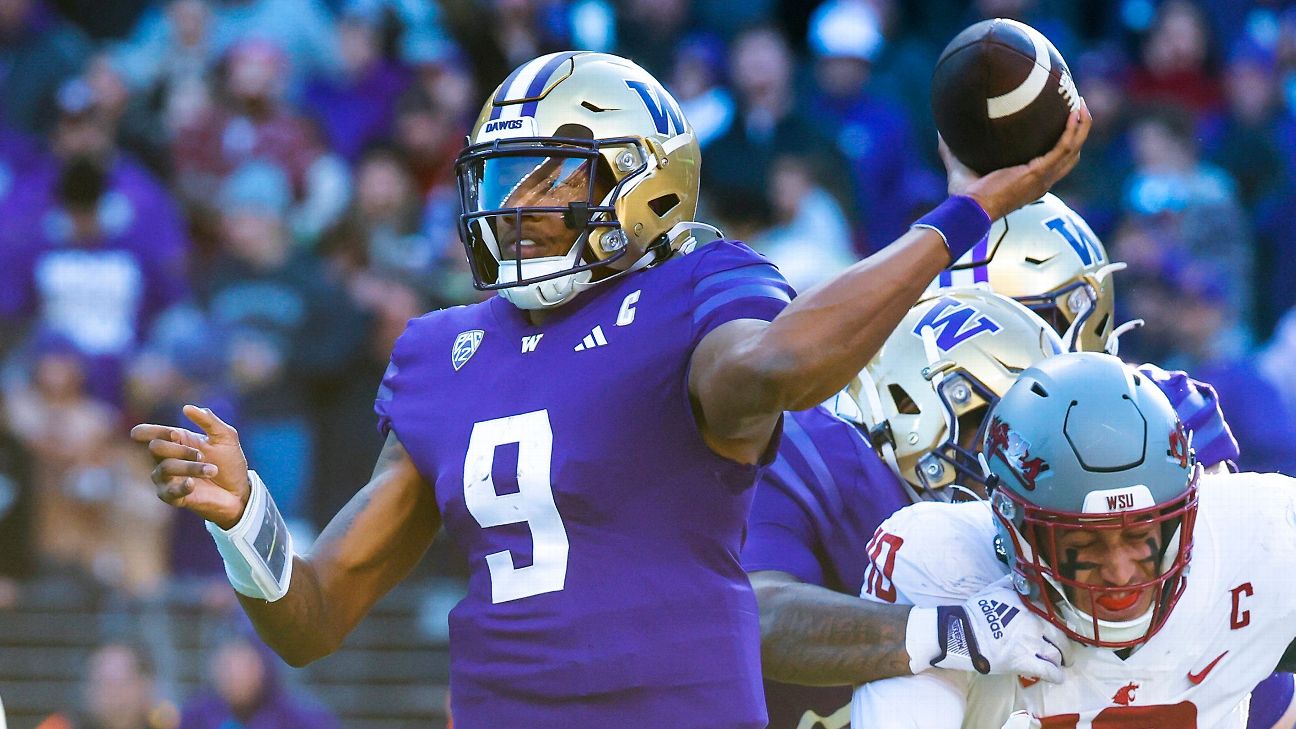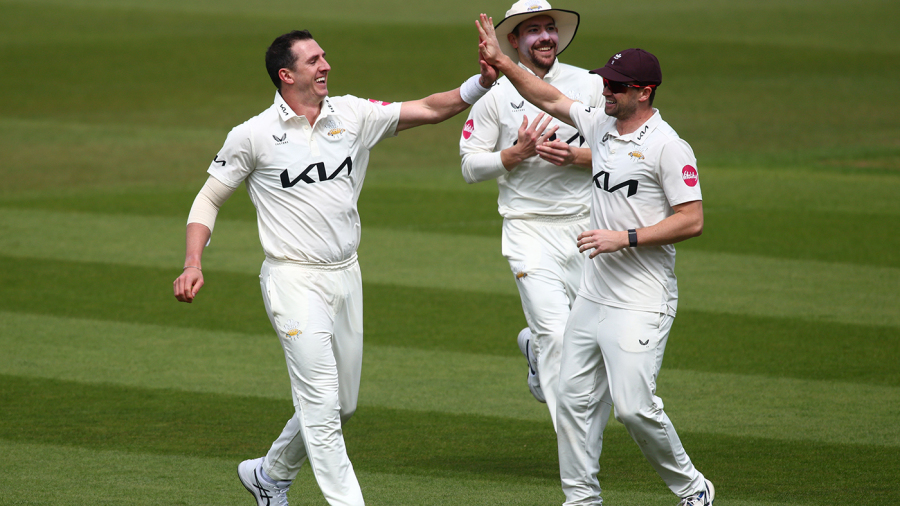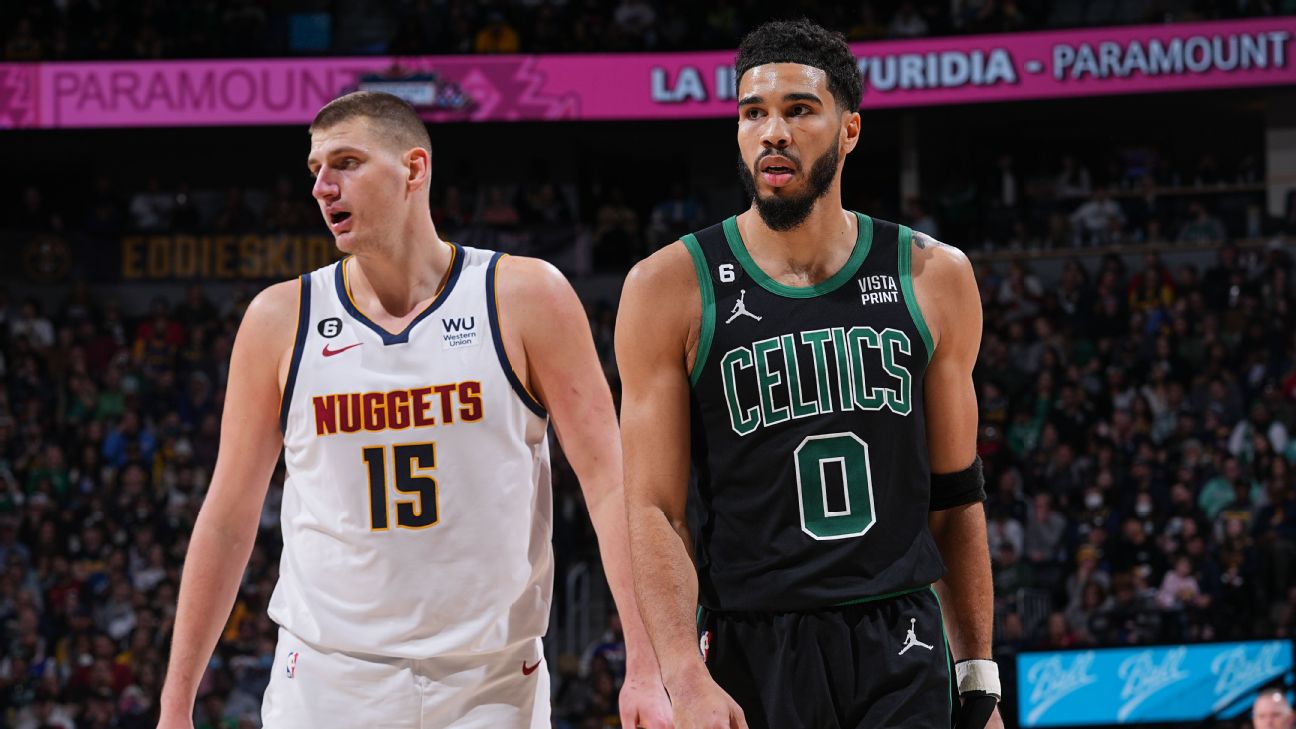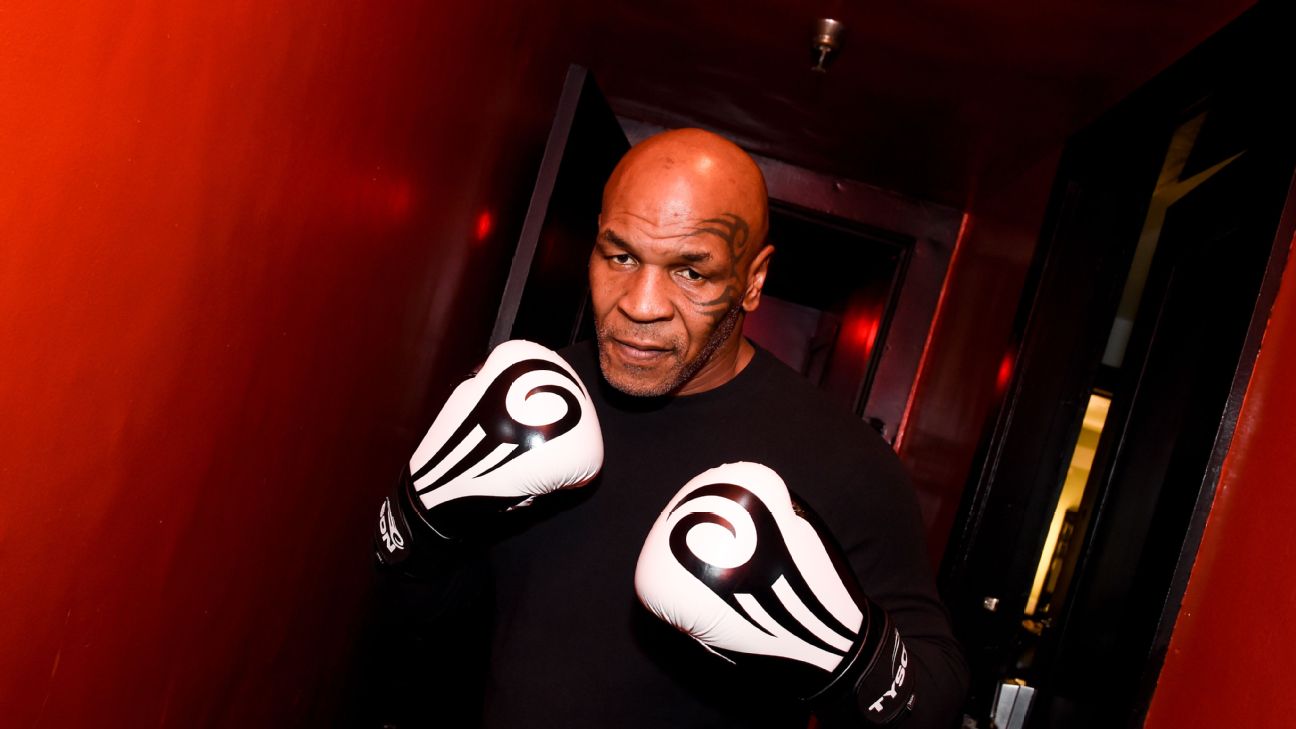![cricket:image:1426356 [900x600]](https://a.espncdn.com/i/cricket/cricinfo/1426356_900x600.jpg)
UFC 301 storylines Can Erceg make good on a golden opportunity vs Pantoja
Sam Northeast followed 166 not out in his last first-class innings of 2023 with an undefeated 335 in his first of 2024. What's the record for the most first-class runs without being dismissed? asked Jeremy Bradshaw from England You're right that Sam Northeast finished last season with an innings of 166 not out (for Glamorgan against Yorkshire in Cardiff) and started this one with an unbeaten 335 at Lord's - the highest individual innings there, as we noted last week. He added 14 not out in the second innings of that Lord's match, then in the last round of Championship matches was out for 11 (and 0) against Derbyshire in Cardiff.
Northeast thus made 526 first-class runs between dismissals, which puts him fairly high on this list. It's actually his second purple patch of more than 500 runs without getting out, as he also made 525 in 2022 (105 not out, 410 not out and 10). He's only the third batter to have two such streaks, following Patsy Hendren (630 and 514, both on England's tour of the West Indies in 1929-30) and VVS Laxman (538 in 1997-98 and 530 in 1999-2000).
The overall leader is Khanmohammad Ibrahim of India, who amassed 709 first-class runs between dismissals in 1947-48. Starting for his own XI in the Bombay Festival Tournament, he scored 218 and 36 (both not out) against MN Raiji's XI, and 234 and 77 (also not-outs) against MK Mantri's XI. Ibrahim followed that with 144 for Bombay in a Ranji Trophy match against Sind.
Next comes Graeme Hick, with 645 first-class runs between dismissals for Worcestershire in 1990: 171 and 69 against Somerset, 252 and 100 against Glamorgan (all four innings not out), then 53 against Derbyshire. The Test record is 614 runs between dismissals, by Australia's Adam Voges: in 2015-16 he had successive innings of 269 not out and 106 not out (against West Indies) and 239 (vs New Zealand).
Who has bagged the most ducks in the IPL? asked Ahmed Datta from India Three players - all of them current - share the unwanted lead on this table at the moment: Glenn Maxwell (126 innings as I write), Dinesh Karthik (226) and Rohit Sharma (243) have all been dismissed for a duck on 17 occasions in the IPL.
Four players, three of them primarily bowlers, come next with 15: Rashid Khan of Afghanistan, Sunil Narine of West Indies, and the Indian pair of Piyush Chawla and Mandeep Singh.
I was looking at the scorecard for Wilfred Rhodes' final Test, and noticed that Andy Sandham scored 325 in the first innings. But he scored fewer than 1000 runs in total! Has any other Test triple-centurion finished with fewer runs? And what's the record for double and single centurions? asked Joshua Mann from England The match you're talking about - the 58th and final Test for England's Wilfred Rhodes, the oldest-ever Test player at 52 - was a nine-day "Timeless Test" in Kingston in 1930 that nonetheless finished in a draw as the England team needed to catch their boat home.
England's first innings featured a score of 325 - Test cricket's first triple-century - from the 39-year-old Surrey opener Andy Sandham. It was his last Test too, as the regular openers Jack Hobbs and Herbert Sutcliffe (who had missed the West Indies trip) returned for the 1930 home series against Australia.
Sandham finished his Test career with 879 runs. The only triple-centurion with fewer is the Indian Karun Nair, whose 374 runs included 303 not out against England in Chennai in 2017 (his next-highest score is 26). Nair is still playing, so it's not impossible he might yet add to his tally of six Test caps.
The fewest runs in a Test career by someone who made a double-century is 320, by Brendon Kuruppu, who made 201 not out on his debut for Sri Lanka against New Zealand in Colombo in April 1987, but won only three more caps. And Andy Ganteaume of West Indies scored 112 in his first Test innings, against England in Port-of-Spain in 1948, and was never given another chance, so he finished his Test career with 112 runs.
Who had the most innings in ODIs without ever being out for a duck? And who holds this record for Tests and T20s? asked Mick Johnston from Australia The runaway leader in one-day internationals is Kepler Wessels, who had 105 innings - 51 for Australia and 54 for South Africa - and was never out for a duck. Next, a long way behind with 40 duckless innings, come Wessels' sometime South African team-mate Peter Kirsten, and the 1983 Indian World Cup-winner Yashpal Sharma.
The Test record is held by the 1950s Australian opener Jim Burke, who had 44 innings without ever being dismissed for nought. An even earlier Australian, Reggie Duff, is next with 40.
In men's T20 internationals, the leader is the West Indian Marlon Samuels (65 innings and no ducks). But that's a long way behind the leading woman, Esha Oza of the UAE, who has had 72 innings in T20 internationals so far - and no ducks.
At one point in their latest Championship match, Warwickshire were 562 for 1. Has any team ever bettered this with one wicket down? asked Tim Westcott from England Warwickshire's second wicket (Alex Davies for 256) against Durham at Edgbaston last week fell at 562: the only higher score at the fall of the second wicket in a Championship match was 569, by Yorkshire against Derbyshire in Chesterfield in 1898. The English first-class record is slightly higher: Somerset reached 571 for 1 against Cardiff MCCU at Taunton Vale in 2012.
The first-class record was set in Pakistan by WAPDA (the Water and Power Development Authority) in reaching 656 for 1 against Sui Southern Gas in a Quaid-e-Azam Trophy match in Sheikhupura in 2009-10. The Test record was set by Sri Lanka against India in Colombo in 1997: they were 615 for 1 before a mini-collapse as Roshan Mahanama (225) and Sanath Jayasuriya (340) were both out at the same score.
Shiva Jayaraman of ESPNcricinfo's stats team helped with some of the above answers.
Use our feedback form, or the Ask Steven Facebook page to ask your stats and trivia questions


